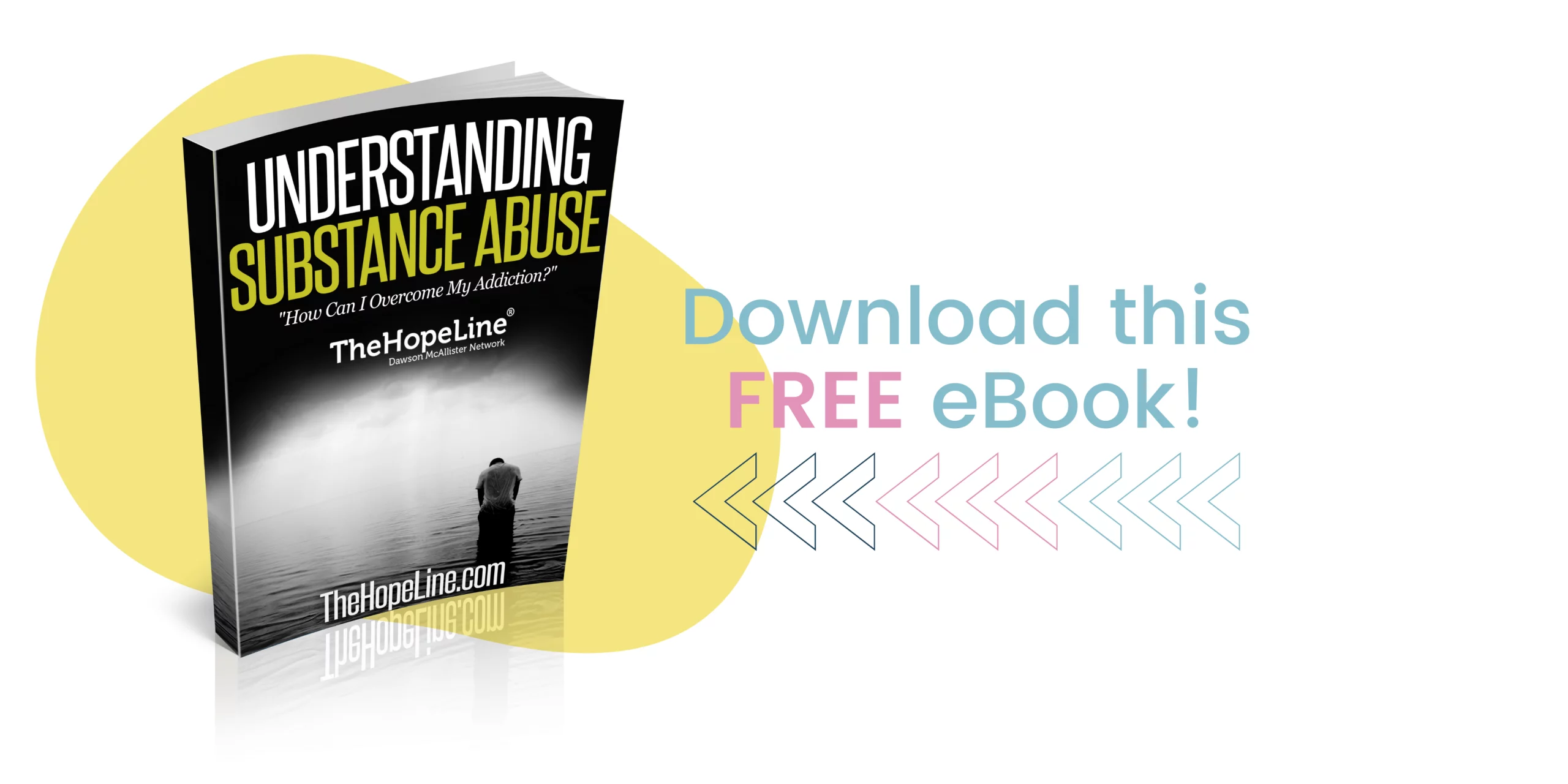We Are Facing An Opioid Epidemic
If you listen to my radio show you know that I’m a pretty straight shooter. I call it like it is. Sometimes it can come across harshly, but I’m often dealing with life and death situations and I don’t have time to sugar coat things, especially when someone calls who is addicted to drugs. Lately, the majority of drug-related calls I receive are from people addicted to pain-killers otherwise know as opioids. I often straight up tell them they are going to die because it’s the hard truth and someone needs to tell them. We are facing an opioid epidemic and we need to wake up.
Just listen to this call from Daniel. He’s reaching a breaking point as he is now up to 30 pills a day!
Opioids are a group of drugs often used for treating pain. However, when they are abused, the statistics are alarming.
What are the signs of substance abuse?
Substance abuse is characterized by an inability to stop using drugs, alcohol, or other harmful substances. You may hide your using from others, and you may find yourself becoming very angry when others express concern.
Here are the cold facts according to the Department of Health and Human Services:
- More people died from drug overdoses in 2014 than in any year on record.
- The majority of drug overdose deaths (more than six out of ten) involved an opioid.
- In the last 15 years, the rate of overdose deaths involving opioids—including prescription opioid pain relievers and heroin—nearly quadrupled.
- 91 American’s die every day from an opioid overdose
- The largest increase in overdose deaths from 2014 to 2015 was for those involving synthetic opioids (other than methadone), which rose from 5,544 deaths in 2014 to 9,580 deaths in 2015.
I’m not going to mince words in this blog either. You need to hear this. Prescription pain-relievers like Oxycontin, Oxycodone, Codeine, Hydrocodone, Methadone, Fentanyl are dangerous. They are nothing to experiment with. Taking your friends’ or parents’ prescription drugs is like playing with fire. These drugs can be highly addictive, and once hooked, it is extremely difficult to break the addiction.
Once addicted you often need a stronger dose to experience the same high and many users end up turning to illegal heroin. In fact, nearly 80 percent of Americans using heroin reported misusing prescription opioids prior to using heroin. And as the stats above indicate, abusing these drugs can kill you. So there’s my warning…DON’T DO IT. Just don’t go there. EVER.
Now – if you have been taking an opioid and you are wondering if you may be addicted here are some questions to ask yourself:
1. Has your use of opioids increased over time?
2. Do you experience withdrawal symptoms when you stop using?
3. Do you use more than you would like, or more than is prescribed?
4. Have you experienced negative consequences to your using?
5. Have you put off doing things because of your drug use?
6. Do you find yourself thinking obsessively about getting or using your drug?
7. Have you made unsuccessful attempts at cutting down your drug use?
If you answered yes to at least three of those questions, then you are addicted to opioids. (Reference:www.AddictionsAndRecovery.org)
To those reading this who are already hooked, let’s talk about how you can get help because there is help available and recovery is possible.
Once again, I’ll be honest, from all the personal stories I’ve heard and the research I’ve done, it’s going to be a hard journey, but YOU CAN DO IT with help. You cannot do it alone. You must tell someone.
In this call I took from Jackie, I had to get pretty blunt with her. She wanted me to tell her she was going to be o.k. and that she would get better, but she was still lying to her parents and trying to hide it. So I had to straight up tell her I didn’t think she was going to get better, unless she admitted to her parents that she had a problem. Take a listen.
Opioid addicts must seek treatment because breaking this type of addiction will take much more than just willpower. Opioid withdrawal is both physically painful and psychologically difficult.
To treat the physical withdrawal symptoms, there are medications that can help reduce the side-effects and increase the chances of success. I encourage you to look into these with a doctor.
Once you have detoxed and made it through the physical effects of breaking the addiction, it is important to seek counseling. 12-step programs such as those at Narcotics Anonymous have a proven track record of helping people on the road to recovery.
An opioid addiction re-wires your brain and the anxiety and obsession that occur when breaking free are as difficult to endure as the physical discomfort. Your brain has been taught to believe that you can’t be happy without the drug. This is why relapse often occurs. Stress is a common trigger as well as social situations that remind the user of the drug’s pleasure. The brains reward pathways need to be retrained. It will take some time for them to return to a normal functioning state, but it is possible and worth the struggle. It is important to surround yourself with strong people who will hold you accountable.
Bottom line. I care for you and want you healthy and alive. While the journey may be tough I fully believe that everything is possible with God’s help. So pray for strength and courage and a good support system. I encourage you to ask others to pray for you as well. We have a network of Prayer Champions on TheHopeLine prayer page that are waiting to pray for you. If you put your trust in God, He will never leave you.
For more information on breaking addictions, download our free Understanding Substance Abuse eBook.
https://www.webmd.com/mental-health/addiction/breaking-an-addiction-to-painkillers-treatment-overvew#1
https://www.drugabuse.gov/publications/drugfacts/heroin
https://www.cdc.gov/drugoverdose/epidemic/index.html



